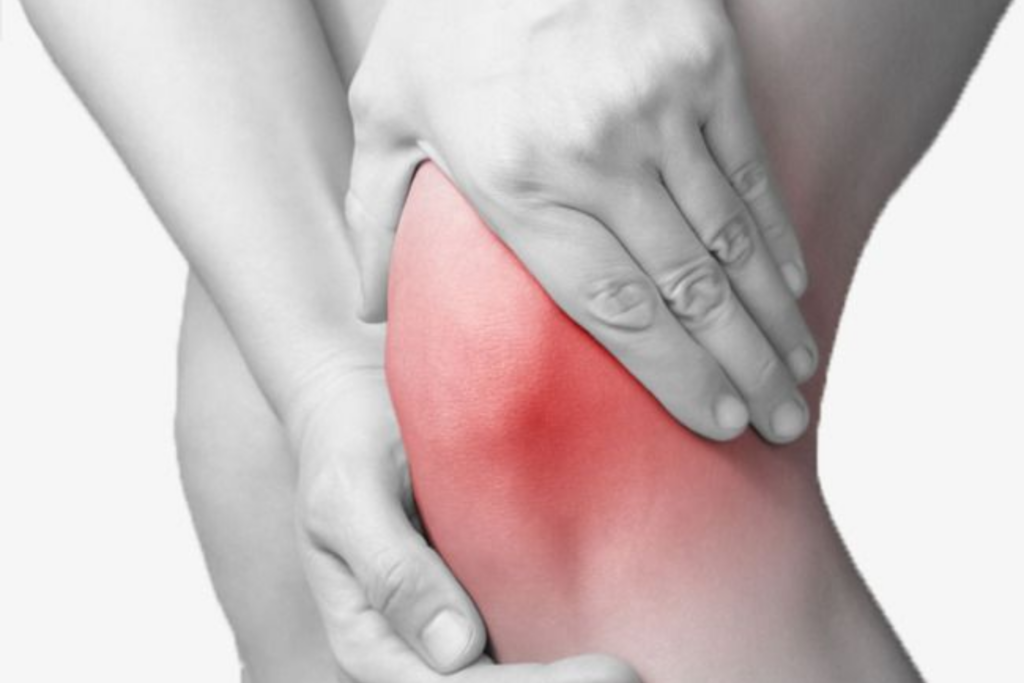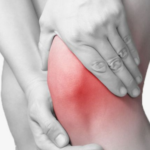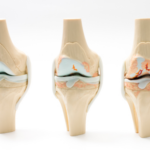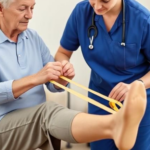
It starts subtly — a little stiffness when you get up from the sofa, a twinge when you take the stairs, or a dull ache that won’t go away after your morning walk. If you’re in your 40s or 50s, these signs could mean more than just “getting older.” Knee pain is a common complaint in middle age, but it shouldn’t be ignored — especially if it’s affecting your quality of life.
So how do you know when it’s time to see a specialist? Let’s break it down.
Why Knee Pain Happens in Your 40s and 50s
As we age, the protective cartilage in our joints begins to wear down, leading to a condition called osteoarthritis — the most common cause of knee pain in middle-aged adults. But it’s not the only reason. Past sports injuries, ligament tears, meniscus damage, or excess weight can also contribute to joint pain in this stage of life.
People in their 40s and 50s are often juggling active lifestyles — balancing work, fitness routines, and family life. That means overuse injuries, inflammation, and wear and tear are quite common.
Signs You Shouldn’t Ignore
Knee pain can range from mildly irritating to completely debilitating. Here are some signs that it’s time to seek help from an orthopedic specialist:
- Persistent pain lasting more than a few weeks
- Swelling or warmth around the knee joint
- Difficulty bending or straightening the knee
- Grinding, popping, or clicking sounds during movement
- Pain that disrupts sleep or daily activities
- Instability — feeling like your knee might “give out”
Even if the pain comes and goes, recurring discomfort is a signal that something’s not right. Delaying care could worsen the condition and limit treatment options later.
When to See an Orthopedic Specialist
Not all knee pain requires surgery. In fact, most early-stage knee problems can be managed with non-surgical treatments such as physiotherapy, medications, lifestyle changes, and supportive devices. However, an experienced orthopedic surgeon can help identify the root cause and recommend the right course of action.
You should consider seeing a specialist if:
- You’ve tried home remedies or physiotherapy with no relief
- The pain affects your ability to work, exercise, or enjoy life
- You’ve had a previous knee injury that’s flaring up again
- Your knee feels unstable or locks up suddenly
Getting an early diagnosis can prevent further damage and help you maintain an active, pain-free lifestyle.
What to Expect During a Consultation
When you visit an orthopedic surgeon like Dr. Saurabh Giri at Helios Orthojoint, you’ll receive a thorough assessment that may include:
- Physical examination of your knee’s movement and strength
- Imaging tests like X-rays or MRI to check for cartilage damage, bone spurs, or ligament injuries
- A personalized treatment plan based on your age, lifestyle, and condition severity
If surgery is needed, modern techniques such as robotic-assisted knee replacement offer precision, minimal scarring, and faster recovery — making them ideal for middle-aged patients who want to return to their active lives quickly.
How to Protect Your Knees in Midlife
While treatment is available, prevention is always better. Here are a few ways to keep your knees healthy in your 40s and 50s:
- Maintain a healthy weight to reduce pressure on joints
- Stay active with low-impact exercises like swimming, walking, or cycling
- Strengthen supporting muscles, especially the quadriceps and hamstrings
- Stretch regularly to improve flexibility and prevent stiffness
- Use proper form while exercising or lifting objects
A little care goes a long way when it comes to joint health.
Summary
Knee pain in your 40s or 50s isn’t something to brush off. Whether it’s a mild ache or severe discomfort, seeking timely help from a trusted orthopedic expert can make all the difference. Left untreated, chronic knee pain can lead to loss of mobility and reduced quality of life — but with early diagnosis and advanced treatment options, you can stay active and pain-free for years to come.
If you’re experiencing ongoing knee issues, it may be time to consult Dr. Saurabh Giri, one of the leading orthopedic surgeons in Pimple Saudagar, Pune, at Helios Orthojoint. With expertise in robotic joint replacement and a patient-first approach, Dr. Giri helps you take the right steps toward long-term knee health and better mobility.




